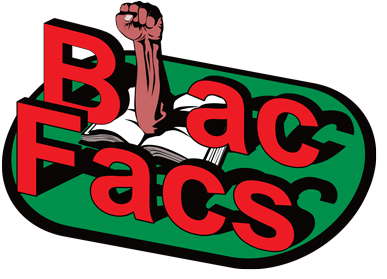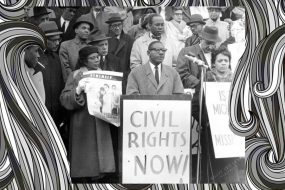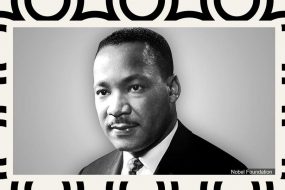African Past Free
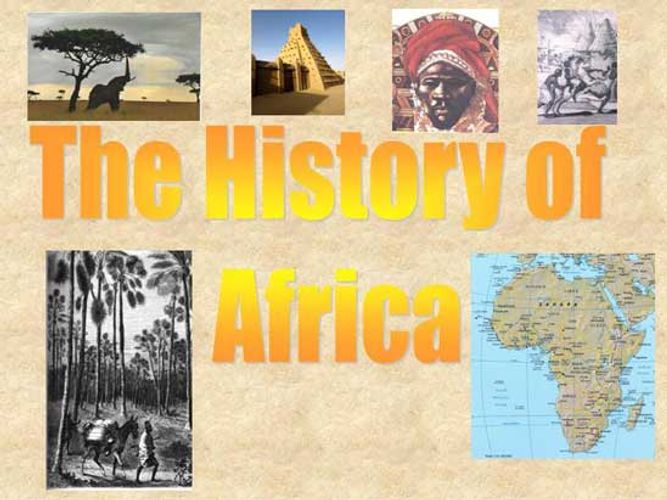
African Past
Which of the following was NOT an area in which Egyptians made major contributions?
Genetics
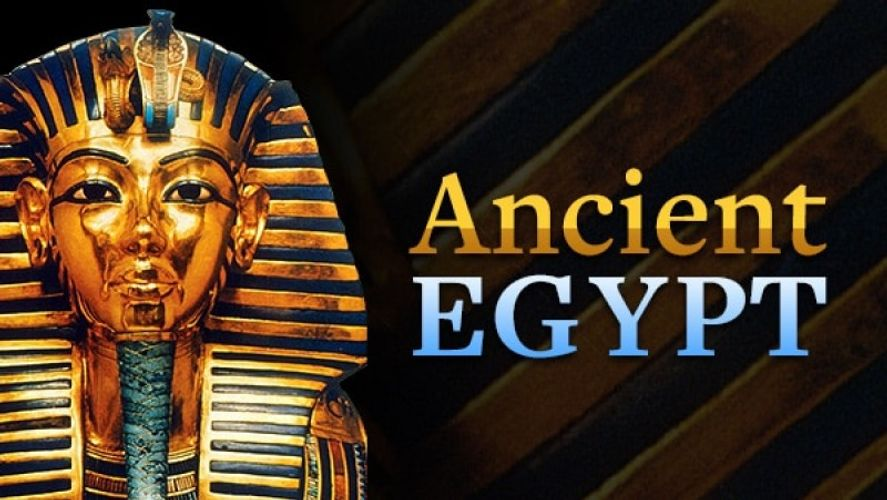
Architecture, medicine and mathematics were all areas of learning that were well known to the ancient Egyptians. However, Gregor Mendel did not discover the science of genetics until the 19th century.
The West African Empires of Ghana, Mali, and Songhai, achieved their wealth primarily through the trade in what?
Gold
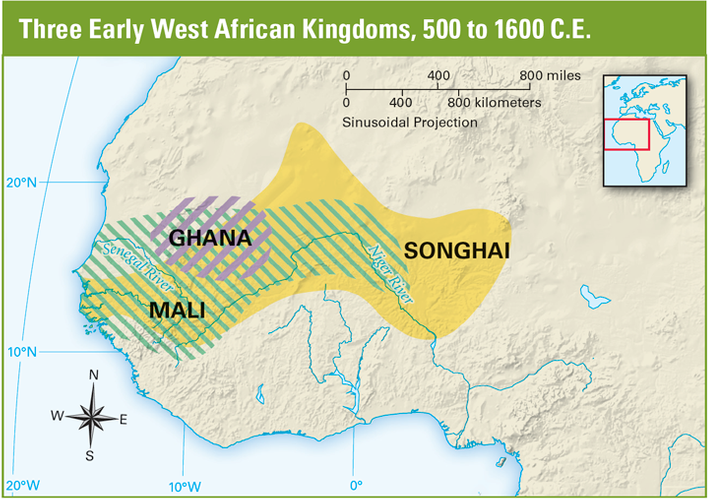
Many kingdoms of ancient Africa, particularly the empire of Ghana, became very wealthy from the trade of gold. Ghana acted as intermediary for all trades in most of the commodities within the area for a fee.
Africa is the home of the world’s most famous early human ancestor, i.e. ancestor of all humans, whose name is known as what?
Lucy

Lucy is the world’s earliest known human ancestor, a 3.2 million year old ape-like humanoid, whose remains were discovered in Ethiopia in 1974.
What is the name of the paper invented by Egyptians?
Papyrus
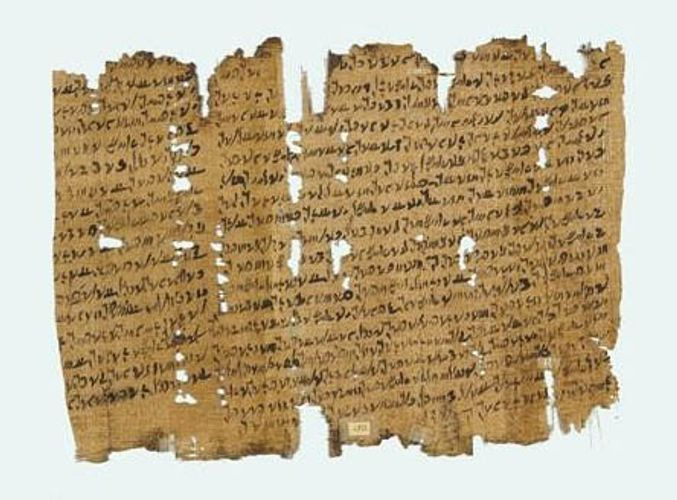
Papyrus is a material prepared in ancient Egypt from the stem of a water plant. It was used in sheets throughout the ancient Mediterranean world for writing or painting on. The word “paper” comes from the word “papyrus”.
Who is the Egyptian Pharaoh who was the founder of Monotheism (worshiping one god)?
Akhenaten
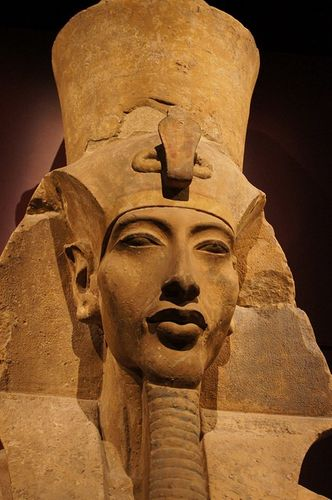
Amenhotep IV changed his name to Akhenaten and defied tradition by establishing a new religion that believed that there is only one god; the sun god Aten.
Which religion, based on the teaching of Muhammad, spread through Northern Africa in the 5th century?
Islam
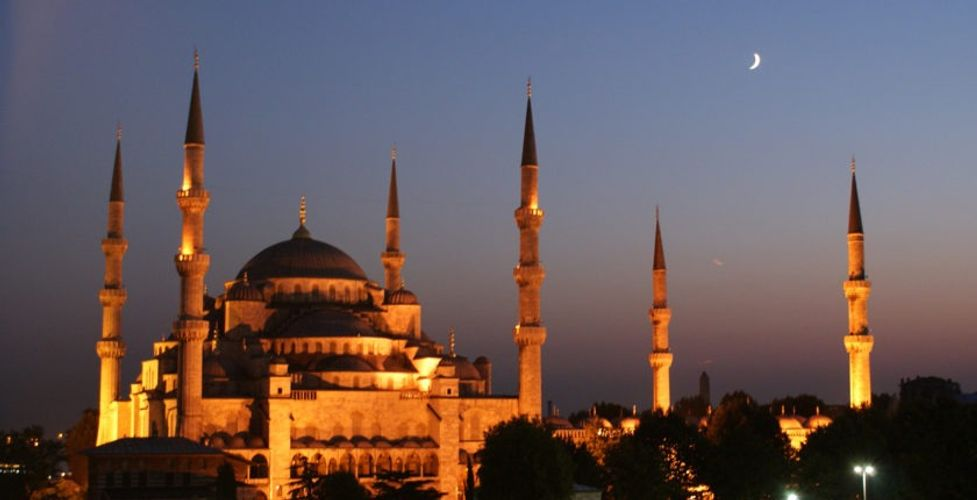
Islam originated in Mecca and Medina during the 7th century and is closely linked to the Prophet Muhammad believed by Muslims to be the last of a long line of prophets that include Moses and Jesus. It spread through Northern Africa in the 5th century.
Where is the Great Pyramid located?
Giza
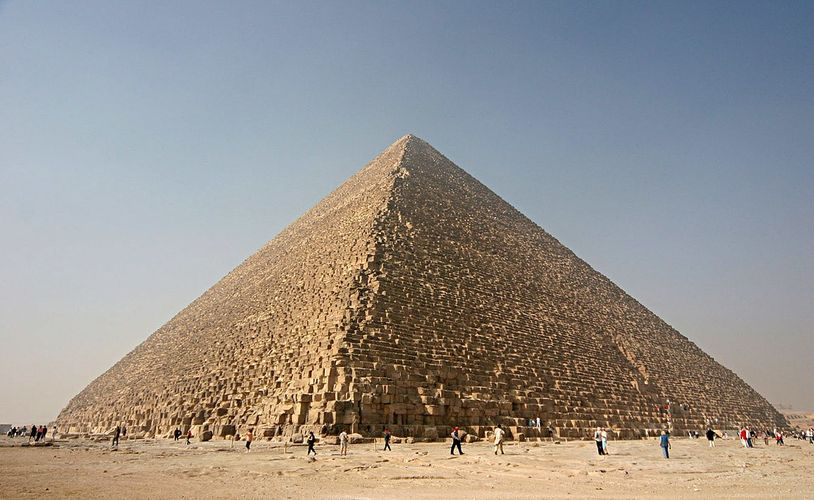
The Great Pyramid of Giza (also known as the Pyramid of Khufu or the Pyramid of Cheops) is the oldest and largest of the three pyramids in the Giza pyramid complex bordering what is now El Giza, Egypt.
Who was the queen of Ngola in the mid 1600s that successfully resisted colonization by the Portuguese for nearly ½ century?
Nzinga

Queen Nzinga Mbande was a powerful 17th century African ruler of the kingdoms of Ndongo and Matamba, now called Angola. She led an army that was able to resist the Portuguese for many years.
Who was the North African General who waged war against the Romans in the Second Punic War?
Hannibal
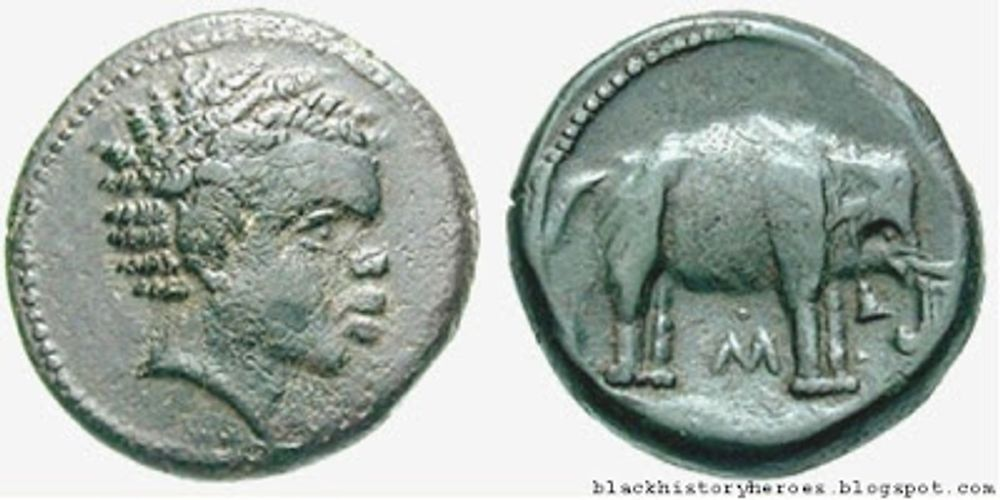
Son of Hamilcar Barca (247 – 183/182 BC) was a Punic Carthaginian military commander, generally considered one of the greatest military commanders in history. He was known for leading the Carthaginian army and a team of elephants across southern France and defeating Rome in the Second Punic War.
Who was the first ruler of the West Africa Empire of Mali?
Mansa Musa
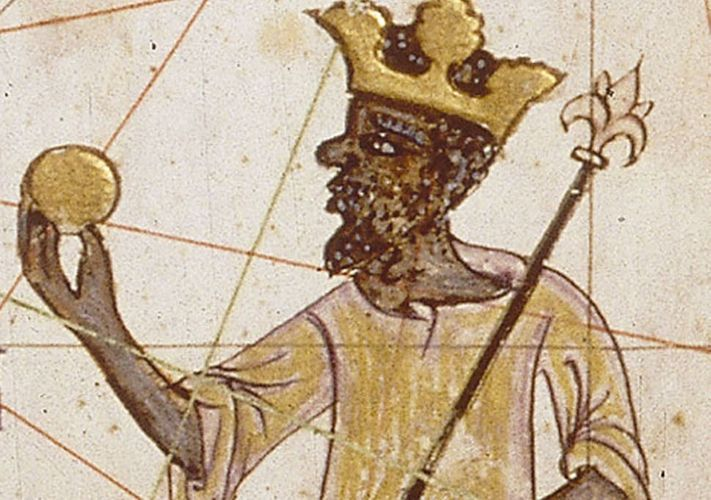
Mansa Musa, fourteenth century emperor of the Mali Empire, is the medieval African ruler most known to the world outside Africa. He is most known for his wealth and is said to have been the wealthiest person who has ever lived, including during modern times.
What is the world’s large desert?
Sahara

The Sahara Desert, located in northern Africa, is the world’s largest hot desert covering over 3,500 million square miles. Its size is comparable to China and the whole United States.
Approximately how long is the world’s longest river?
4,160 miles
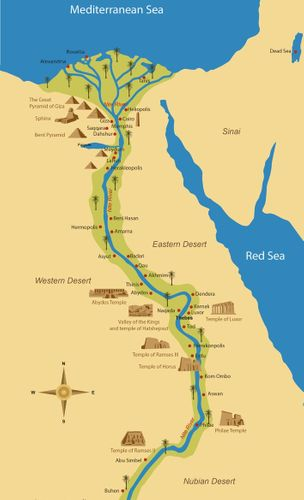
The Nile River, the longest river in the world, is 4,160 miles long (or 6,670 km).
Which of the following pairs of words is African in origin?
Okra, tote

Many words survived the Middle Passage from Africa and made their way into the English language. Some popular ones, in addition to okra and tote are gumbo, goober, yam, banana, cola, jazz, banjo, and many, many others.
Which is NOT one of the three great empires of West Africa?
Somalia
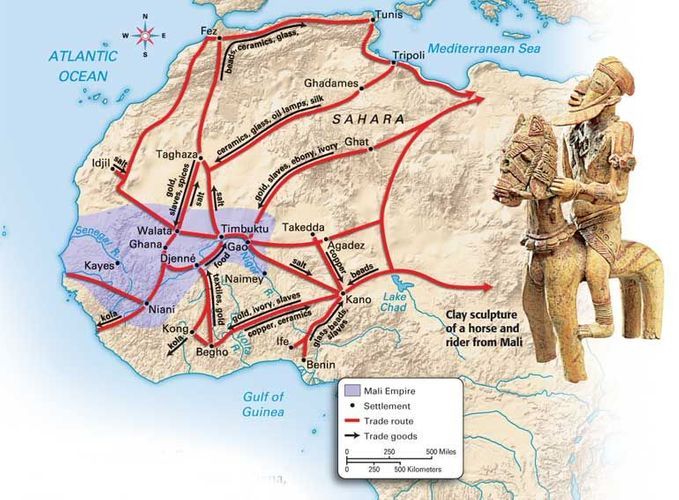
Ghana, Mali and Songhai were the three great ancient empires of West Africa. Somalia, located in East Africa was a wealthy empire in its own right.
What African queen did King Solomon refer to as the “Queen of Sheba”?
Makeda
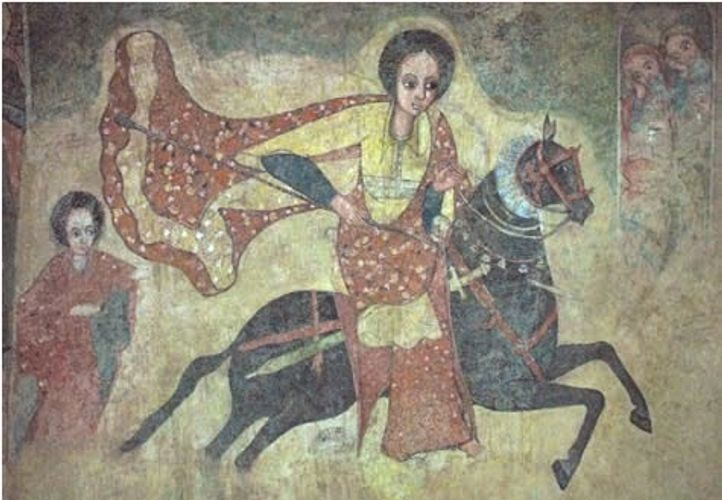
Makeda was an Ethiopian Queen with whom King Solomon of the Bible fell deeply in love and ultimately married.
Among the continents of the world, Africa is placed where in size?
Second largest
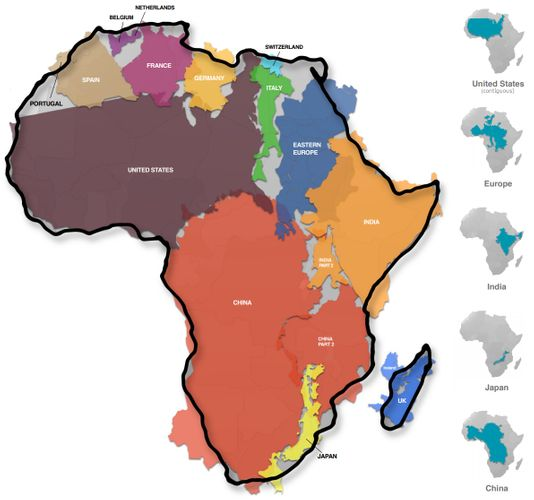
Of the seven continents, Asia, Africa, North America, South America, Antarctica, Europe, and Australia, Africa is the second largest behind Asia.
Who was the ancient Egyptian scholar and physician called the “real father of medicine”?
Imhotep

He was an Egyptian pharaoh of the third dynasty who was skilled in many areas. He was a priest, a writer, a doctor and a founder of astronomy and architecture. He is known to have extracted medicine from plants and treated diseases such as appendicitis, gout and arthritis.
What Egyptian queen mother overtook the throne from a child pharaoh and ruled her country as pharaoh for nearly twenty years?
Hatshepsut
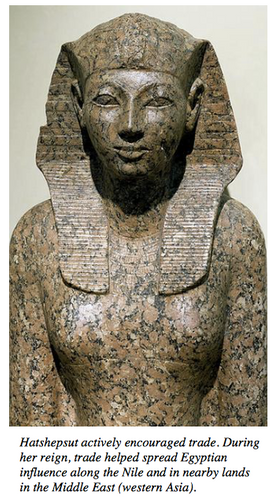
Hatshepsut was the fifth pharaoh of the eighteenth dynasty of Egypt. Hatshepsut came to the throne of Egypt in 1478 BC and ruled for 20 years as one of the country’s most successful rulers.
Which of the following is NOT one of the three empires of Northeast Africa?
Somalia
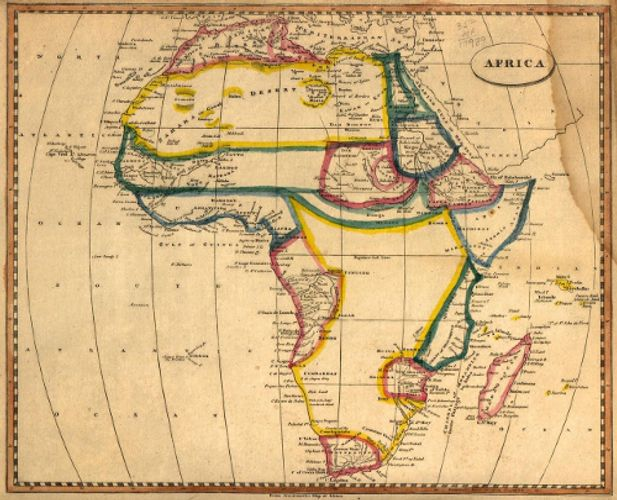
Egypt, Kush and Axum were all major kingdoms of Northeast Africa during the first millennium; Somalia was powerful from the 13th-17th centuries.
From what part of Africa did most of those enslaved persons originate who were taken to the “New World”?
West Africa
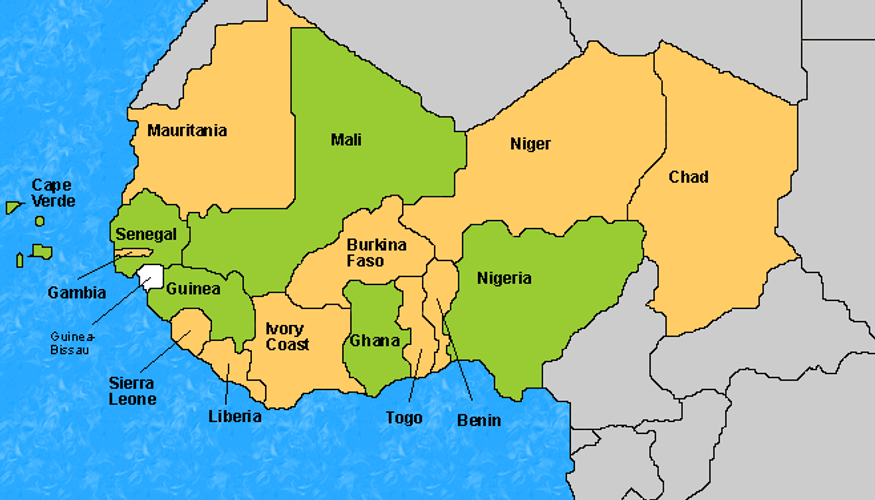
Most of the people who were captured in the African slave trade came from West Africa, specifically from Senegal at the north down through the coastal countries into Cameroons at the south.
Name of the West African City that was a part of the Mali and Songhai empires which flourished from about the 12th century through the 16th century.
Timbuktu

Located in the present day Republic of Mali, was a part of the ancient Mali and Songhai Empires and was considered an important trading post and the seat of knowledge of the then known world.
In 1739, the British signed a peace treaty that granted independence to Africans, called Maroons, who had escaped slavery from what country?
Jamaica
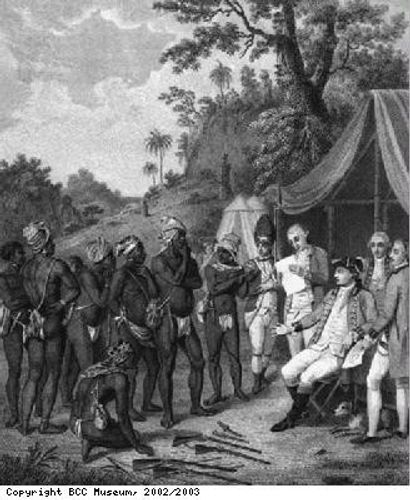
The Jamaican Maroons are descendants of Africans who fought and escaped from slavery and established free communities in the mountainous interior of Jamaica during the era of slavery.
What river, found in Africa, is the longest river in the world?
The Nile

The Nile River, the longest river in the world, creates a fertile green valley across the desert in Egypt, one of the oldest civilizations in the world.
Which was NOT among the first metals smelted (extracted) in Africa?
Aluminum
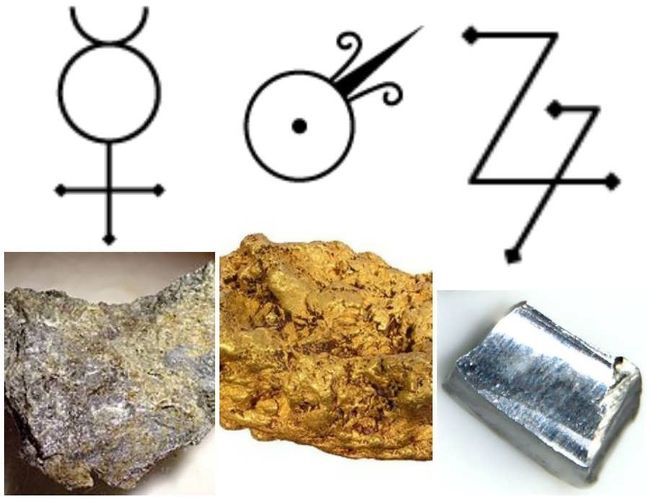
While copper, lead and bronze were smelted in Africa as early as the 4th millennium BC, aluminum was first isolated in 1825 in Copenhagen, Denmark.
What is the name of the Muslim Holy City?
Mecca

Mecca is the center of the Islamic world and the birthplace of both the Prophet Muhammad and Islam, the religion he founded.
This quiz educates you on various people, places and events of African history, and the roles they played before slavery and colonization and how they have contributed to the ancestral past of African Americans.
Related Posts
Login
Upgrade your Membership
This Quizz Only For Paid Members
Upgrade Your Account First
